Keywords: Public Interest
There are more than 200 results, only the first 200 are displayed here.
-

AUSTRALIA
- Binoy Kampmark
- 08 February 2022
5 Comments
It should be troubling for anyone, religious, secular or agnostic, to be told that a human being wields anything approximating to ‘God like’ powers. That very suggestion implies a power unreviewable, unaccountable and at odds with the earthly rule of law.
READ MORE 
-

ARTS AND CULTURE
- Andrew Hamilton
- 02 February 2022
9 Comments
Jane Austen’s exploration of a narrow social world illuminated issues central to public life in our own world. In particular, the importance of character in building harmony in her domestic world raised questions about its place, presence, and importance in political life today.
READ MORE 
-
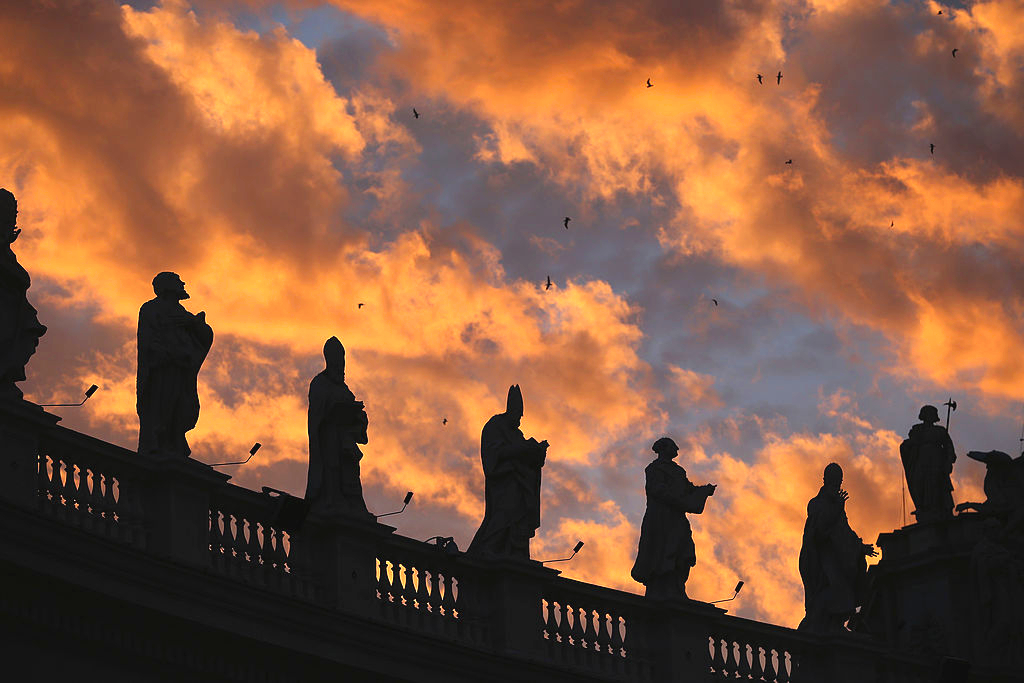
RELIGION
- Miles Pattenden
- 27 January 2022
23 Comments
Many Catholics will have found the news from Germany this past week painful. A law firm, Westpfahl Spilker Wastl, has presented findings in its investigation into historic sexual abuse in the Munich archdiocese. Running to 1,000 pages, the report is shocking: it lists at least 497 victims for the period 1945–2019 and identifies 235 probable offenders including 173 priests and nine deacons.
READ MORE 
-
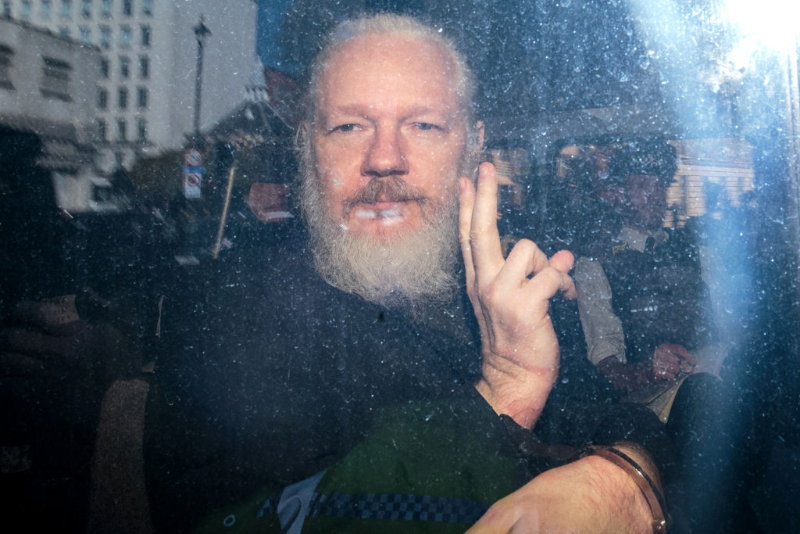
INTERNATIONAL
- Binoy Kampmark
- 16 December 2021
The legal pursuit of Assange is disturbingly unique not only for using an archaic law against a non-US national; it is also the first instance of an international application of it against a publisher. The law, if applied in the way suggested by the charges, criminalise the receipt, dissemination and publication of national security information, irrespective of motive. If the US Espionage Act 1917 were applied in this way, it would appear to subvert the free press provision in the United States Constitution.
READ MORE 
-
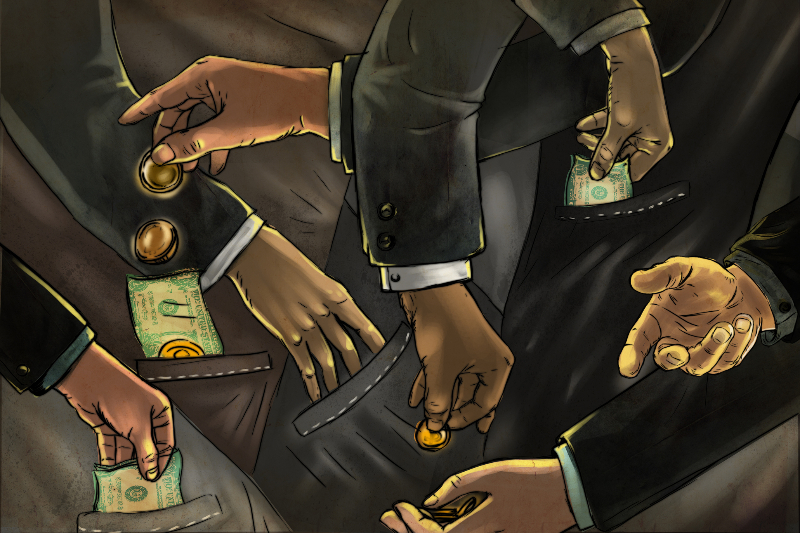
AUSTRALIA
- Andrew Hamilton
- 09 December 2021
9 Comments
Corruption in society is a sign that respect for human dignity has been eroded. If we identify the value of human beings with their ability to compete, we are easily led to treat other people and groups in society as instruments to be used for our own gain. The result is that the integrity of public institutions and people’s trust in them are eaten away.
READ MORE 
-
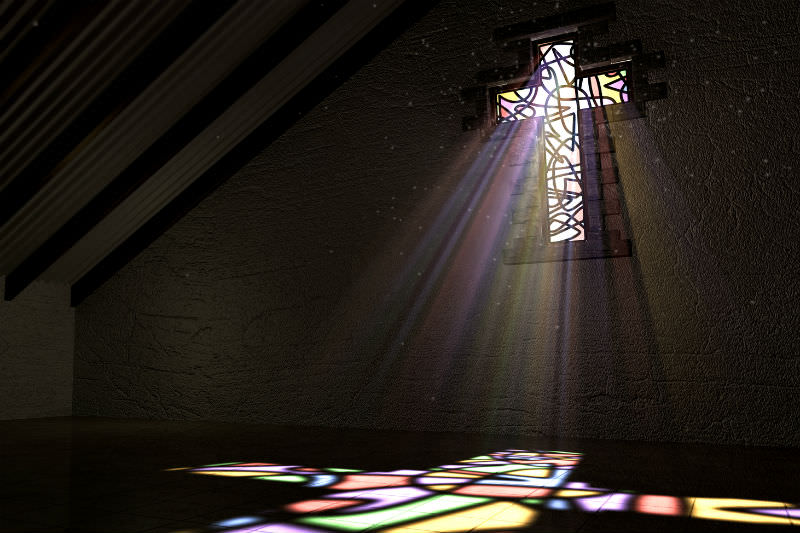
RELIGION
- John Warhurst
- 02 December 2021
27 Comments
Church and state are confronting one another right now over the federal freedom of religion bill and the Victorian anti-discrimination bill. Whenever such confrontation occurs it reveals our priorities. We define our identity by what we choose to fight for hardest.
READ MORE 
-

AUSTRALIA
- Andrew Hamilton
- 24 November 2021
21 Comments
There is much discussion about the future of democracy, freedom and other aspects of liberal institutions. Mainly in the United States, under the pressure of a polarised public life. But also to a lesser extent in Australia, in the face of the evasive and authoritarian behaviour of governments and the manifest priority of winning elections over addressing the existential threats of global warming and gross inequality.
READ MORE 
-
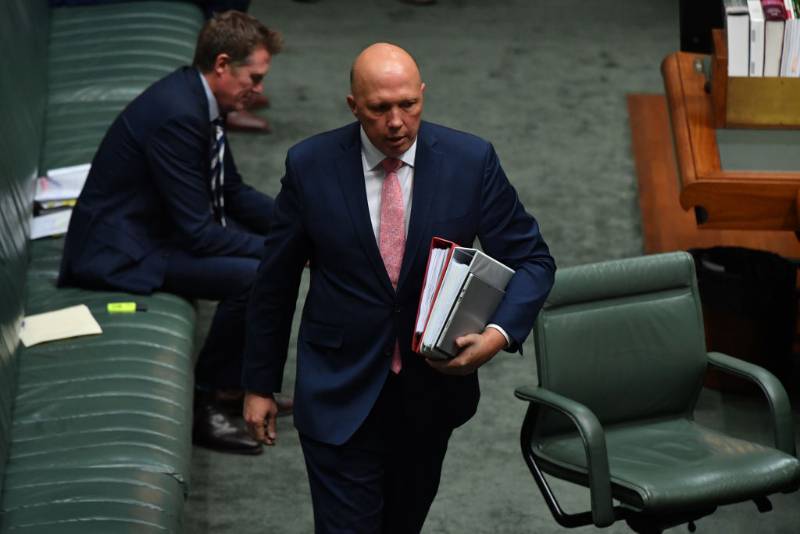
AUSTRALIA
- Cristy Clark
- 10 November 2021
7 Comments
Peter Dutton has recently argued that funds for defamation actions should be a ‘workplace entitlement’ for Members of Parliament (MPs). I’d like to repeat that another way: the Honorable Peter Dutton, Commonwealth Minister for Defence, would like the taxpayer to fund MPs to sue members of the Australian public for defamation.
READ MORE 
-
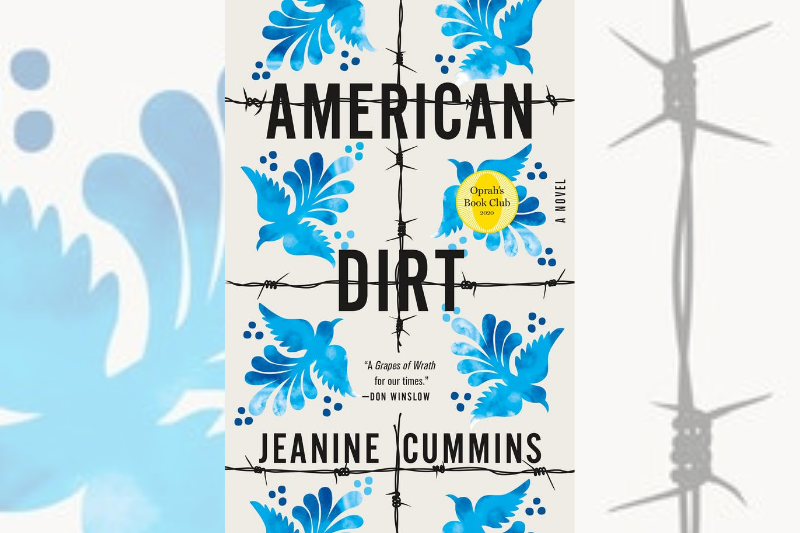
ARTS AND CULTURE
- Gillian Bouras
- 04 November 2021
12 Comments
Writers inevitably learn bitter lessons, including one about readers who will be wounded, hurt, or at least deeply offended by their work. There is usually more than one group of these, for people become upset for reasons that are many and varied. Such is the case in the reaction to Jeanine Cummins’ fourth book, American Dirt. Cummins has been variously accused of stereotyping, racism, narcissism, and of lacking in empathy.
READ MORE 
-

AUSTRALIA
- Andrew Hamilton
- 04 November 2021
6 Comments
In large organisations love hardly rates a mention. Mission statements highlight care, duty, responsibility and friendliness, but not love. Love is generally seen as an interrupter, combustible, something to fence in with protocols and professional standards, and for HR to monitor. When Pope Benedict XVI devoted an Encyclical to the place of love in public relationships, people were surprised. His argument is worth revisiting.
READ MORE 
-

AUSTRALIA
- Julian Butler
- 01 November 2021
15 Comments
The elevation of Dominic Perrottet to the Premiership of New South Wales caused a flurry of commentary about his religious faith. In many parts of the media his politics and personality were framed by his Catholicism. I watched on with a degree of discomfort, and with a sense of possibility. Could some of the bigoted characterisations invite a richer conversation about the ideals and deeper narratives that enliven our public leaders?
READ MORE 
-
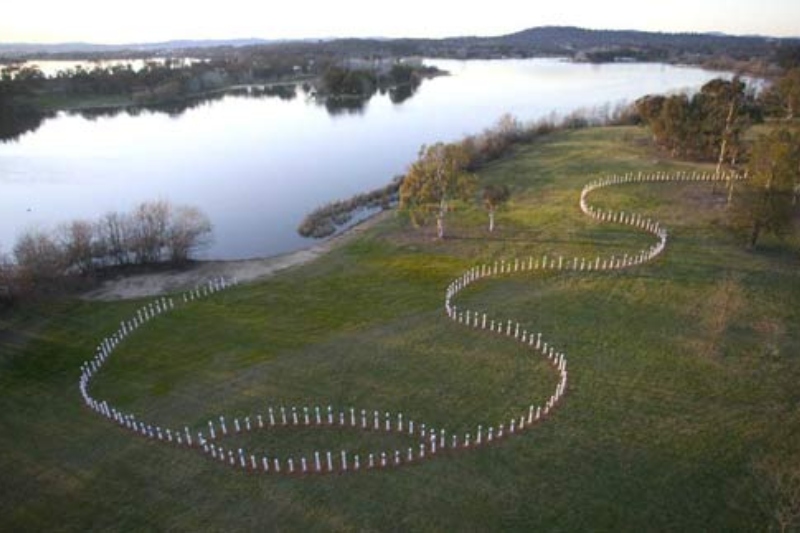
INTERNATIONAL
- Binoy Kampmark
- 01 November 2021
27 Comments
Two decades ago, an Indonesian vessel given the name SIEV X sank with loss of life that should have caused a flood of tears and a surge of compassion. Instead of being seen in humanitarian terms, the deaths of 353 people became a form of rich political capital, placed in the bank of opportunism to be amortised at a federal election.
READ MORE 